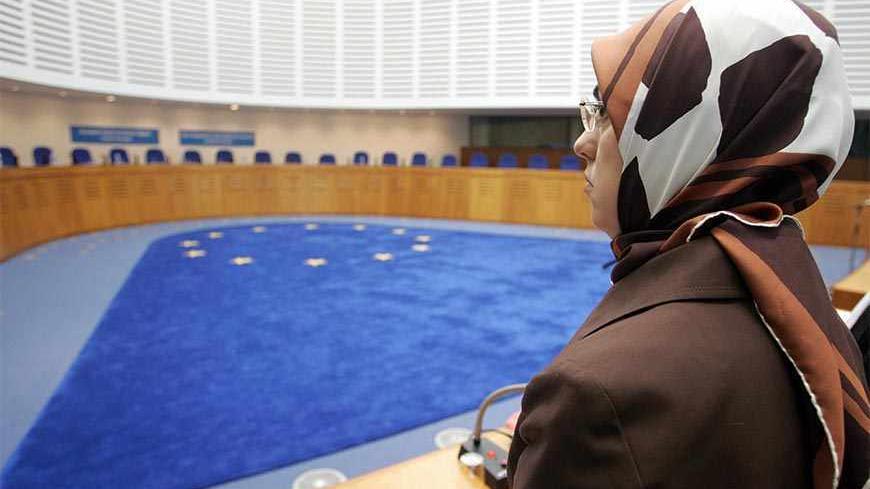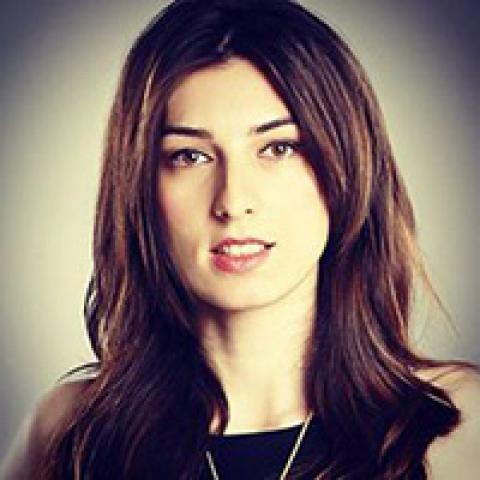When four women lawmakers wearing the headscarf set a new milestone in Turkey on Oct. 31 by attending parliament’s general assembly, I was in Dallas, in the United States. It turned out that serendipity played a role in my journey to Texas. Not only did I get a chance to meet Merve Kavakci-Islam — perhaps the most central figure in the entire saga of the headscarf ban in Turkey — but also she graciously agreed to answer my questions, which I now share exclusively with Al-Monitor. In 1999, Kavakci-Islam was elected to the Turkish parliament as a deputy, but was never allowed to take office because of her headscarf. Moreover, she lost the right to be a deputy and left the country. She is now a professorial lecturer at George Washington University’s Elliott School of International Affairs.
Al-Monitor: It is natural that a previously oppressed part of society is now enjoying the newly regained freedoms. Yet, could we from now on expect greater solidarity between diverse women in Turkey on points of common interests?



